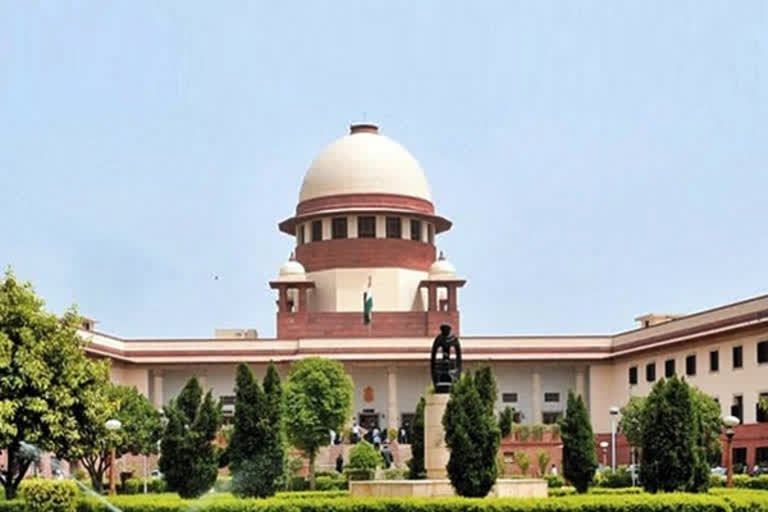New Delhi: The Supreme Court on Wednesday said it would decide on February 5 the schedule of hearing on the pleas pertaining to the 2018 Maharashtra law granting reservation to Marathas in education and jobs after the state government said a case of this nature be heard once the physical hearing commences.
The apex court is presently hearing matters through video-conferencing since March last year amid the COVID-19 pandemic.
A five-judge constitution bench headed by Justice Ashok Bhushan was told by senior advocate Mukul Rohatgi, who was appearing for Maharashtra, that the state is requesting for an adjournment and the matter be heard in March.
Physical meetings are dangerous today, Rohatgi told the bench, also comprising justices L Nageswara Rao, S Abdul Nazeer, Hemant Gupta and S Ravindra Bhat.
During the hearing conducted through video-conferencing, Rohatgi said there is an interim order against the state and it may be appropriate for a case of this nature to be heard once physical hearing commences.
Requesting the bench that the matter may be posted for hearing in March, he said that vaccination for COVID-19 has started in the country and it may take six to eight weeks for the judges and lawyers, who are above the age of 60, to get vaccinated.
We will take a call after two weeks on what is to be done, the bench said, adding, We will fix date for directions after two weeks. Then, we will finalise the schedule for hearing.
The bench has posted the matter for February 5 and said it would decide the schedule of hearing.
On December 9 last year, the apex court had said that issues pertaining to the 2018 Maharashtra law, granting reservation to Marathas in education and jobs, requires urgent hearing as the legislation has stayed and the fruits accrued are not reaching to the people.
The top court had also issued notice to Attorney General K K Venugopal seeking his assistance in the matter.
The apex court on September 9, while referring to a larger bench the batch of pleas challenging the validity of law, had stayed the implementation of the legislation but made it clear that status of those who have availed of the benefits would not be disturbed.
